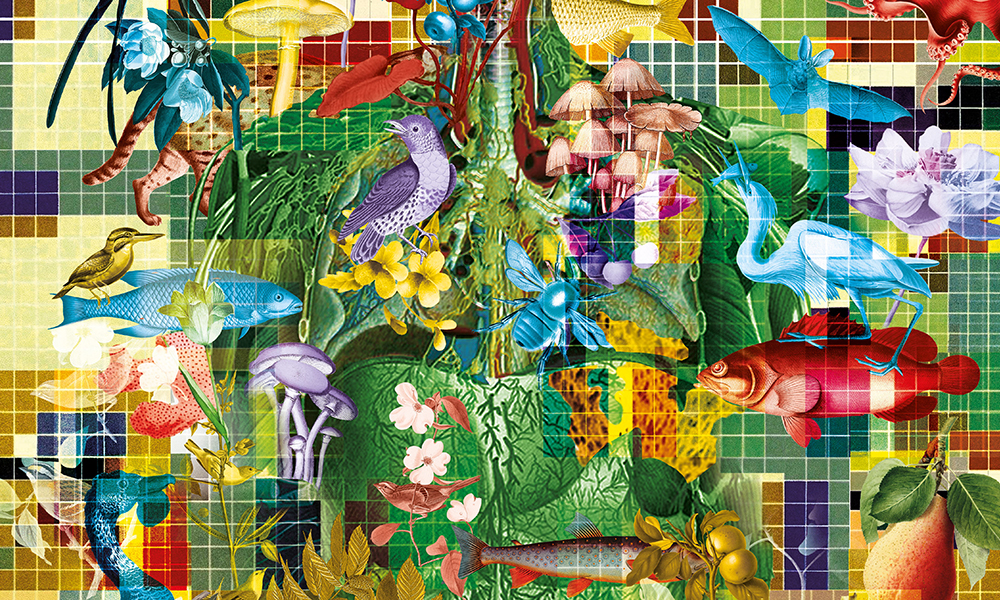Upcoming EMBL Science & Society Conference explores how the One Health methodology can help keep humans, animals, and ecosystems healthy

The COVID-19 pandemic has shown us once again that our individual health is closely linked to the health of those around us. All living organisms, including humans, are part of the environment they live in. They interact with each other on multiple levels, and the mutual influence includes effects on health and the spread of disease. Human, animal, and ecosystem health are intricately connected; in other words, we can only be as healthy as the world around us. Life doesn't exist in isolation - that's why we need to look at human health in the context of animal and ecosystem health, rather than treating it as an isolated entity.
This is where the One Health approach comes in. It advocates for greater cross-sectoral collaboration and communication across the human-animal-environment interface. Population growth, changes in land use and climate, and the movement of animals and people have a huge impact on the collective health of our world today. Pathogens such as the novel SARS-CoV-2 virus cross between species and move across the globe at a pace only to be surpassed by future pandemics. The past decades have shown that our health closely depends on healthy environments that support life within them.
The concept of One Health was conceived a decade ago to address this need for wider awareness and collaboration. It argues that scientists should not only work in a multidisciplinary fashion but also factor in our relationship to other species and our environment. Our health - the planet's, humans', and other species' - is all inextricably linked. One part of this trio cannot be healthy if other parts are sick.
Global in scope, One Health sets out to design and implement programmes, policies, legislation, and multidisciplinary research to deliver the best possible public health outcomes.
In December, EMBL will host its 22nd annual Science & Society conference to address One Health and its myriad aspects, such as antimicrobial resistance, environmental science, food safety, zoonotic disease, and to explore how we can harness the potential of One Health research. Additionally, the conference will give researchers the opportunity to consider new networks and collaborations that incorporate partners like NGOs, industries, and governments.
The virtual one-day meeting will explore potential societal benefits of the 'One Health' methodology, analyse how successful it has been to-date, determine how 'One Health' could be key to future pandemic prevention, and ascertain what steps are needed to accelerate implementation.
Register here for the 22nd EMBL Science & Society Conference, taking place on 3 December 2021 - it's free and open to everyone.






